
EssaysBooks
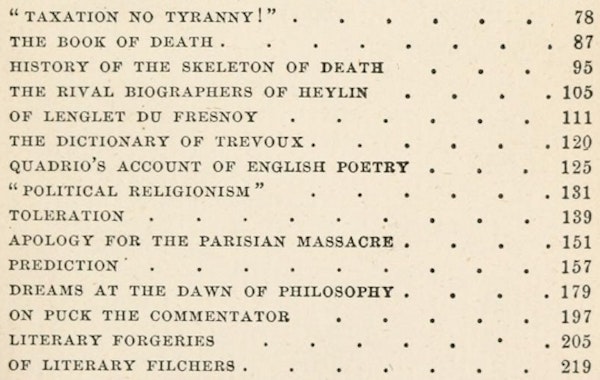
The Curious World of Isaac D’Israeli
Marvin Spevack introduces the Curiosities of Literature, the epic cornucopia of essays on all things literary by Isaac D'Israeli: a scholar, man of letters and father of British Prime Minister Benjamin Disraeli. more
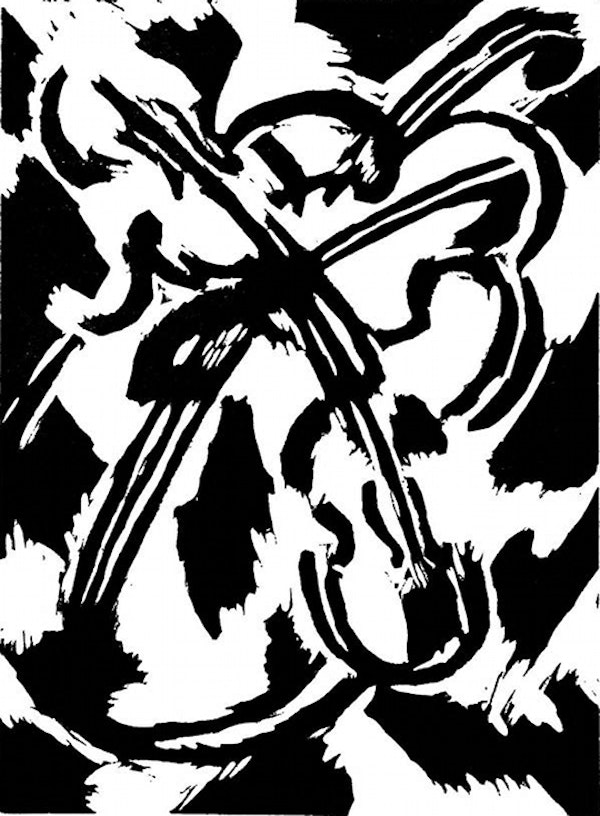
Simple Songs: Virginia Woolf and Music
Last year saw the works of Virginia Woolf enter the public domain in many countries around the world. To celebrate Emma Sutton looks at Woolf's short story "A Simple Melody" and the influence which music had upon the writer who once wrote that music was "nearest to truth". more
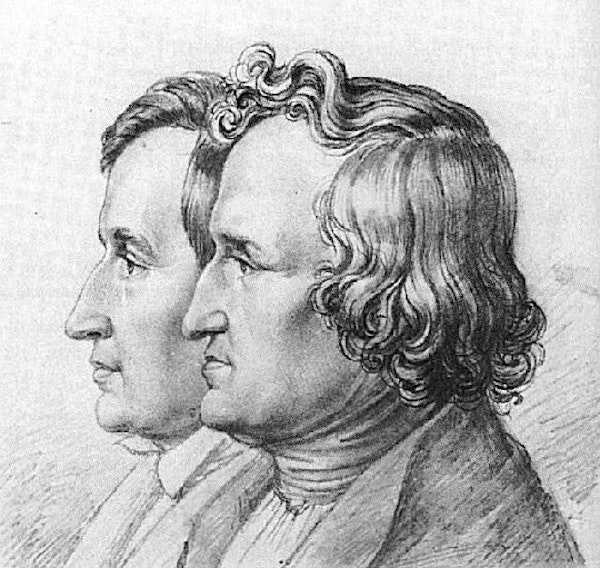
The Forgotten Tales of the Brothers Grimm
To mark the 200th year since the Brothers Grimm first published their Kinder-und Hausmärchen, Jack Zipes explores the importance of this neglected first edition and what it tells us about the motives and passions of the two folklorist brothers. more
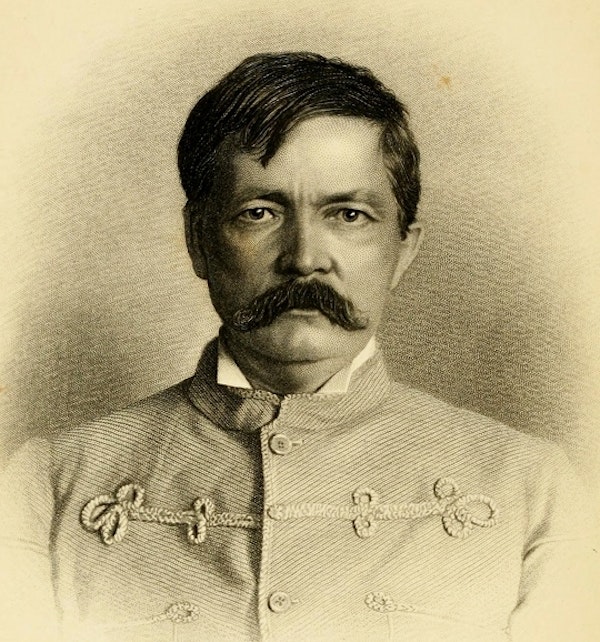
Henry Morton Stanley and the Pygmies of “Darkest Africa”
After returning from his disastrous mission to central Africa to rescue a German colonial governor, the explorer Henry Morton Stanley was eager to distract from accusations of brutality with his 'discovery' of African pygmies. Brian Murray explores how after Stanley's trip the African pygmy, in the form of stereotype and allegory, made its way into late Victorian society. more
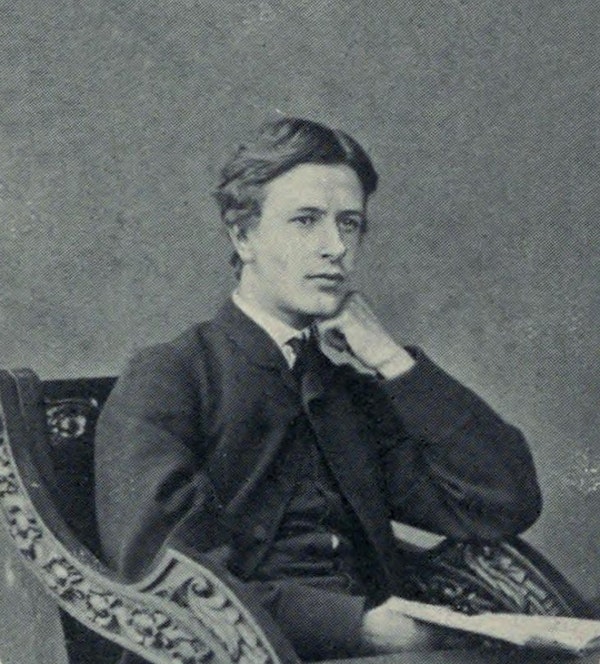
The Strangely Troubled Life of Digby Mackworth Dolben
In 1911 the soon-to-be poet laureate Robert Bridges published the poems of Digby Mackworth Dolben, a school friend who had drowned to death at the age of 19 almost half a century earlier. Carl Miller looks at Bridges' lengthy introduction in which he tells of the short and tragic life of the boy with whom fellow poet Gerard Manley Hopkins was reportedly besotted. more
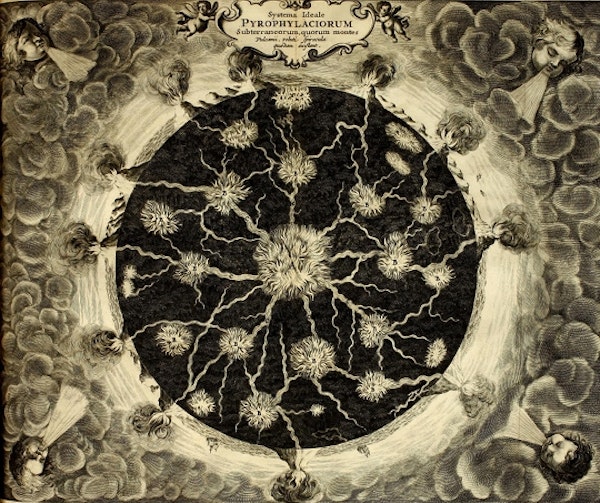
With his enormous range of scholarly pursuits the 17th-century polymath Athanasius Kircher has been hailed as the last Renaissance man and "the master of hundred arts". John Glassie looks at one of Kircher's great masterworks Mundus Subterraneus and how it was inspired by a subterranean adventure Kircher himself made into the bowl of Vesuvius. more
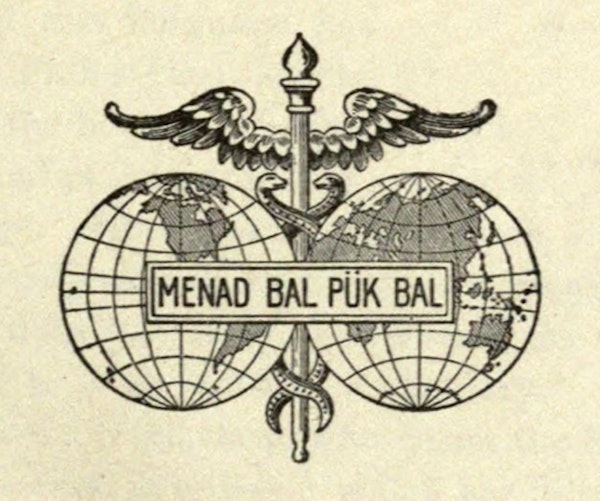
Arika Okrent explores the rise and fall of Volapük - a universal language created in the late 19th century by a German priest called Johann Schleyer. more
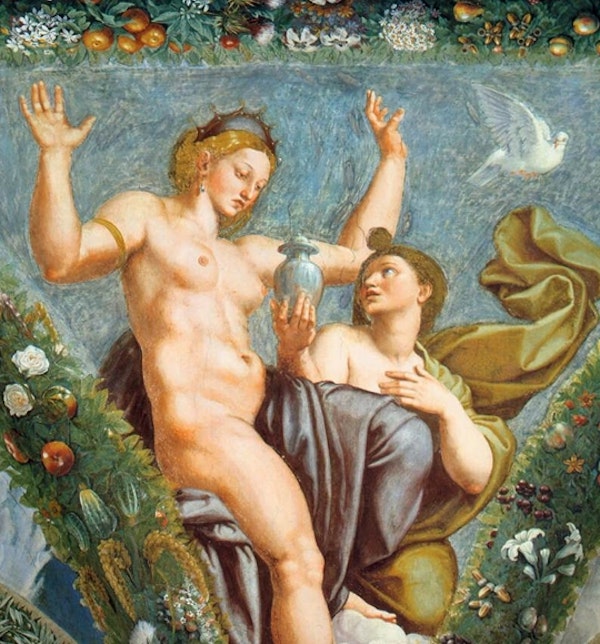
Jonathan Lamb explores the genre of 'it-narratives' - stories told from the point of view of an object, often as it travels in circulation through human hands. more
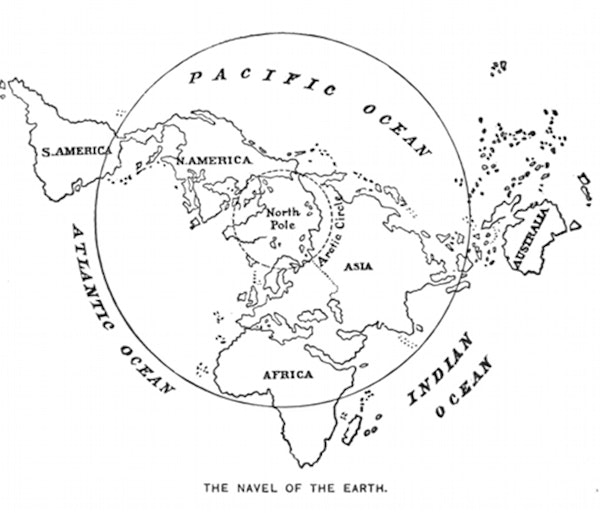
The Last Great Explorer: William F. Warren and the Search for Eden
Of all the attempts throughout history to geographically locate the Garden of Eden one of the most compelling was that set out by minister and president of Boston University, William F. Warren. Brook Wilensky-Lanford looks at the ideas of the man who, in his book Paradise Found, proposed the home of all humanity to be at the North Pole. more
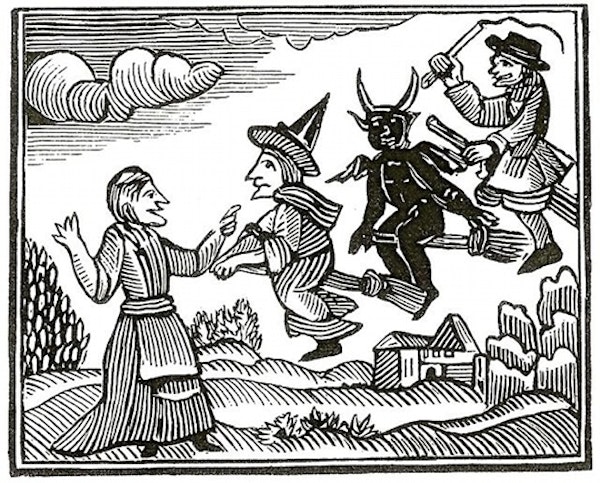
The Lancashire Witches 1612-2012
Not long after ten Lancashire residents were found guilty of witchcraft and hanged in August 1612, the official proceedings of the trial were published by the clerk of the court Thomas Potts in his The Wonderfull Discoverie of Witches in the Countie of Lancaster. Four hundred years on, Robert Poole reflects on England's biggest witch trial and how it still has relevance today. more
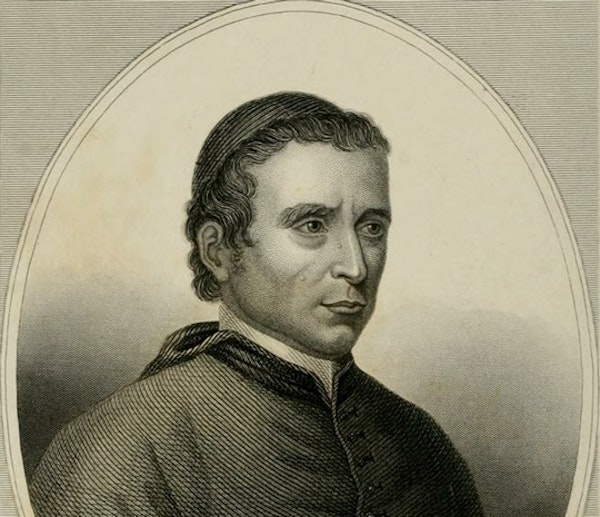
Michael Erard takes a look at The Life of Cardinal Mezzofanti, a book exploring the extraordinary talent of the 19th century Italian cardinal who was reported to be able to speak over seventy languages. more
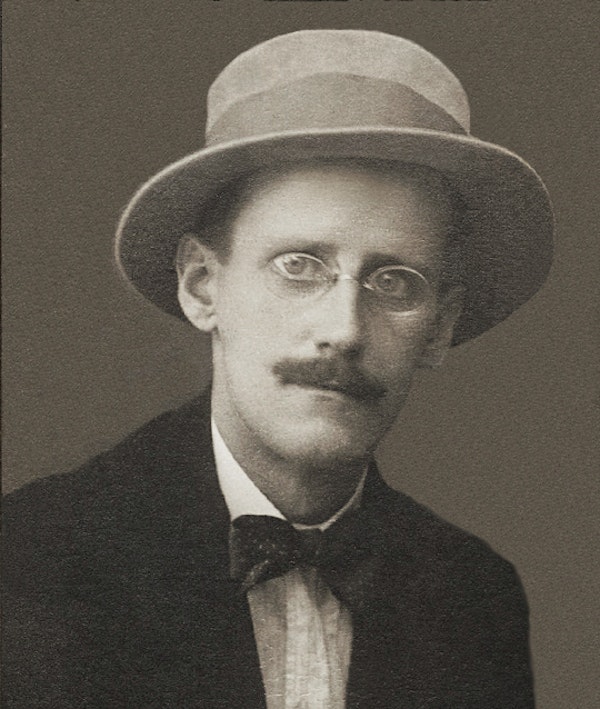
The "Bloomsday" of 2012 - 108 years after Leopold Bloom took his legendary walk around Dublin on the 16th June 1904 - was the first since the works of James Joyce entered the public domain. Frank Delaney asks whether we should perhaps now stop trying to read Joyce and instead make visits to him as to a gallery. more
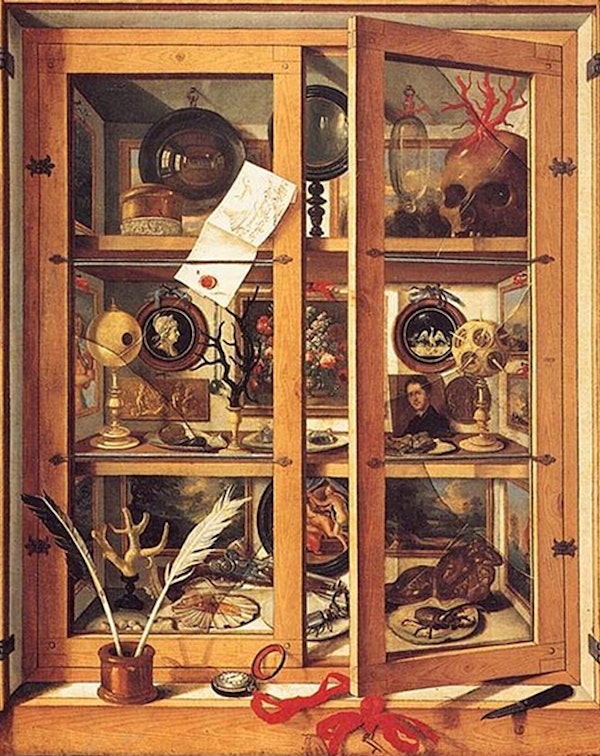
In the latter half of the 17th century the English polymath Thomas Browne wrote Musaeum Clausum, an imagined inventory of 'remarkable books, antiquities, pictures and rarities of several kinds, scarce or never seen by any man now living'. Claire Preston explores Browne's extraordinary catalogue amid the wider context of a Renaissance preoccupation with lost intellectual treasures. more
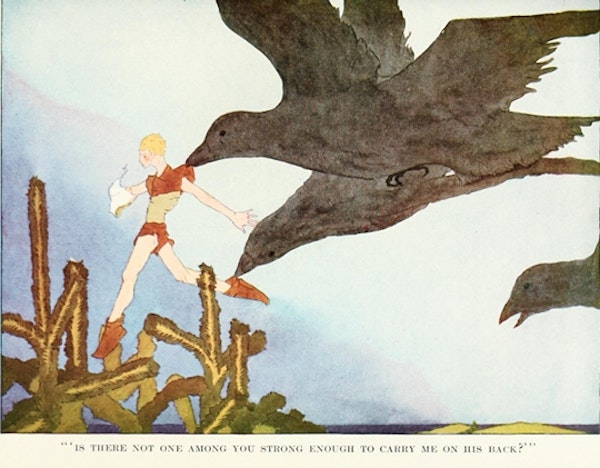
Selma Lagerlöf: Surface and Depth
In 2011 many countries around the world welcomed The Wonderful Adventures of Nils and the other works of the Swedish writer Selma Lagerlöf into the public domain. Jenny Watson looks at the importance of Lagerlöf's oeuvre and the complex depths beneath her seemingly simple tales and public persona. more
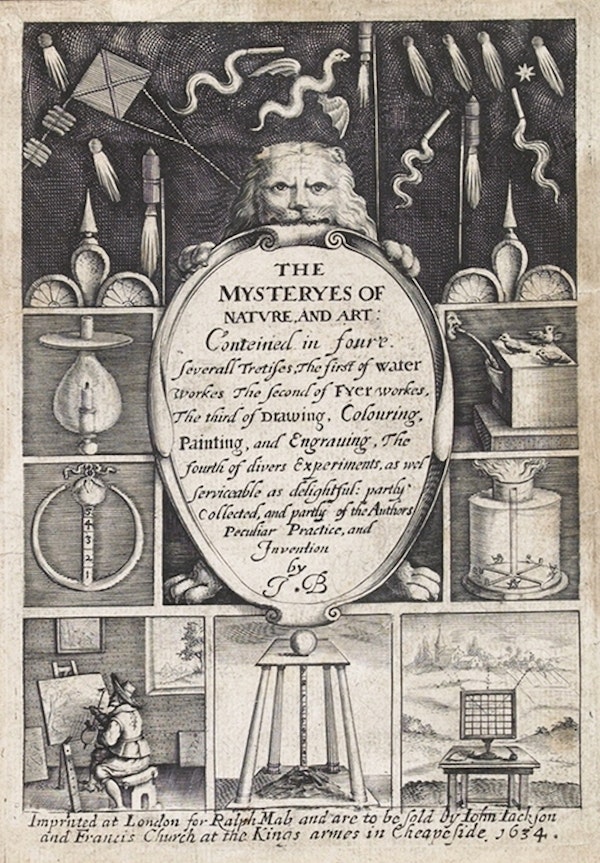
The Mysteries of Nature and Art
Julie Gardham, Senior Assistant Librarian at University of Glasgow's Special Collections Department, takes a look at the book that was said to have spurred a young Isaac Newton onto the scientific path, The Mysteries of Nature and Art by John Bate. more
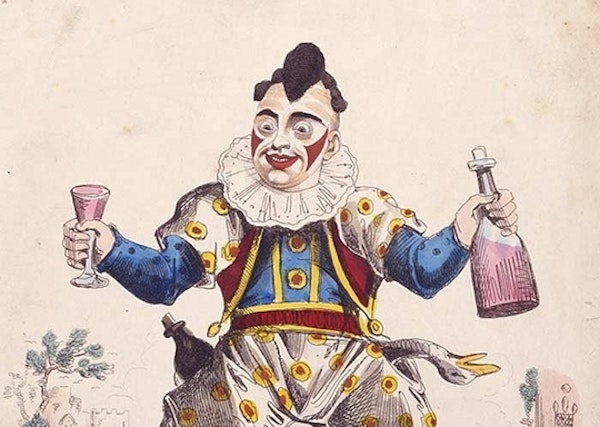
The Memoirs of Joseph Grimaldi
Andrew McConnell Stott, author of The Pantomime Life of Joseph Grimaldi, introduces the life and memoirs of the most famous and celebrated of English clowns. more
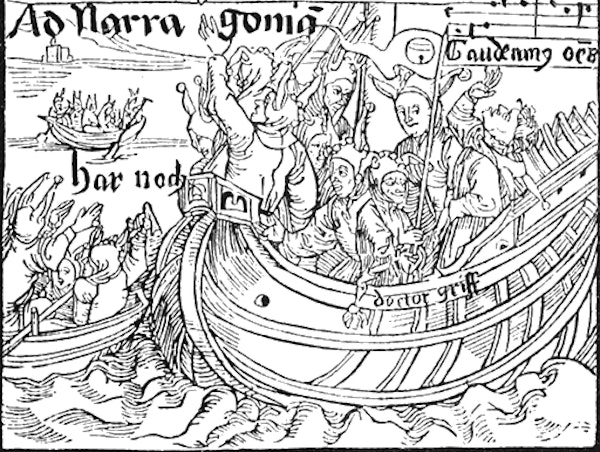
Navigating Dürer’s Woodcuts for The Ship of Fools
At the start of his career, as a young man in his twenties, Albrecht Dürer created a series of woodcuts to illustrate Sebastian Brant's The Ship of Fools of 1494. Dürer scholar Rangsook Yoon explores the significance of these early pieces and how in their subtlety of allegory they show promise of his masterpieces to come. more
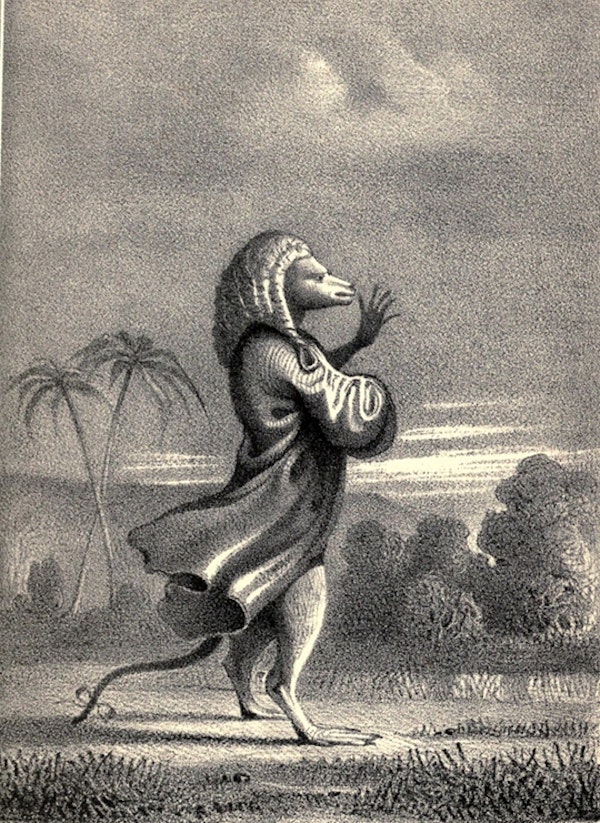
In 1741 the Norwegian-Danish author Ludvig Holberg published Klimii Iter Subterraneum, a satirical science-fiction/fantasy novel detailing the adventures of its hero Niels Klim in a utopian society existing beneath the surface of the earth. Peter Fitting, author of Subterranean Worlds: A Critical Anthology, explores Holberg's book in the wider context of the hollow earth theory. more
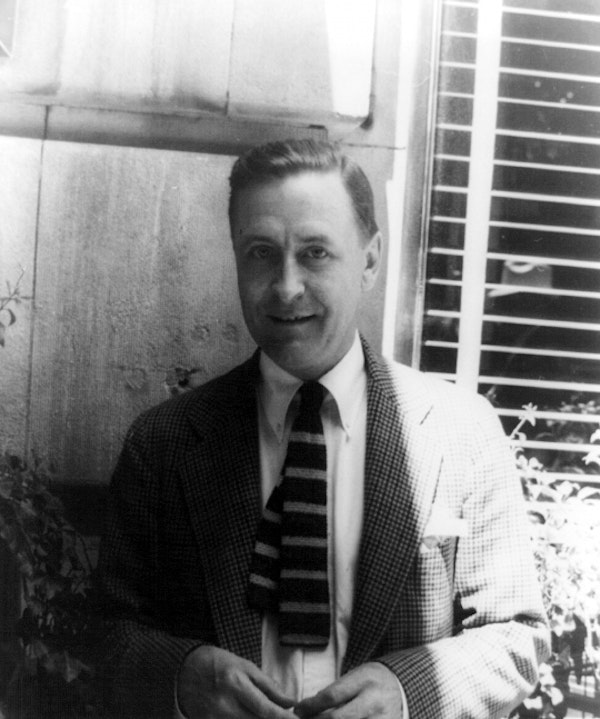
A Few Words about F. Scott Fitzgerald
In most countries around the world, 2011 saw the writings of F. Scott Fitzgerald enter the public domain. Scott Donaldson, author of the biography Fool For Love: F. Scott Fitzgerald, explores the obscuring nature of his legend and the role that women played in his life and work. more
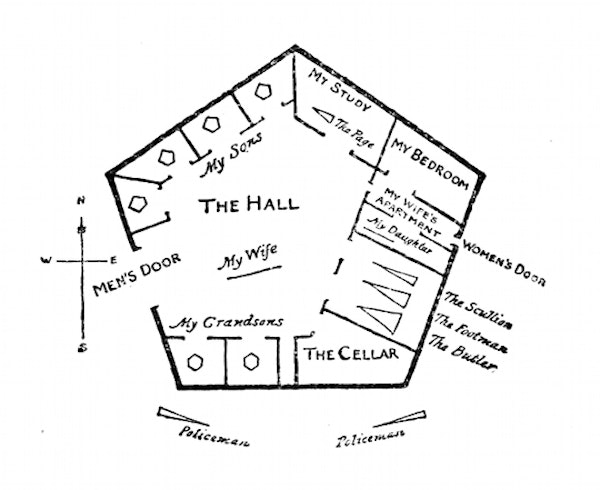
In 1884 Edwin Abbott Abbott published Flatland: A Romance of Many Dimensions, perhaps the first ever book that could be described as "mathematical fiction". Ian Stewart, author of Flatterland and The Annotated Flatland, introduces the strange tale of the geometric adventures of A. Square. more
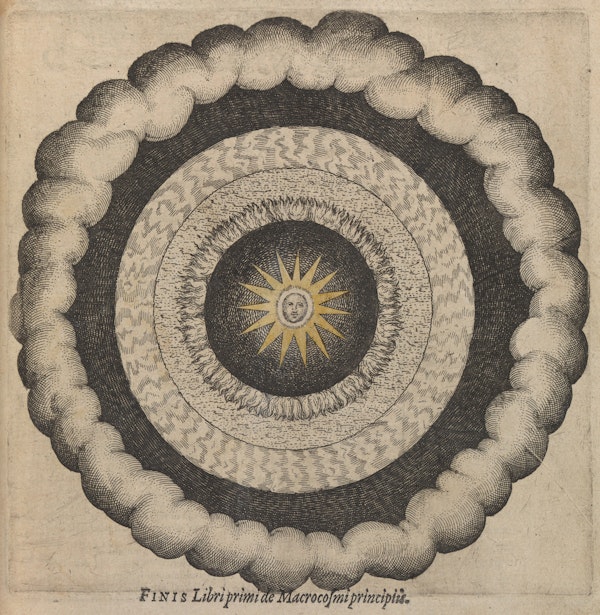
Robert Fludd and His Images of The Divine
Between 1617 and 1621 the English physician and polymath Robert Fludd published his masterpiece Utriusque Cosmi . . . Historia, a two-volume work packed with over sixty intricate engravings. Urszula Szulakowska looks at the philosophical and theological ideas behind the extraordinary images found in the first volume, an exploration of the macrocosm of the universe and spiritual realm. more
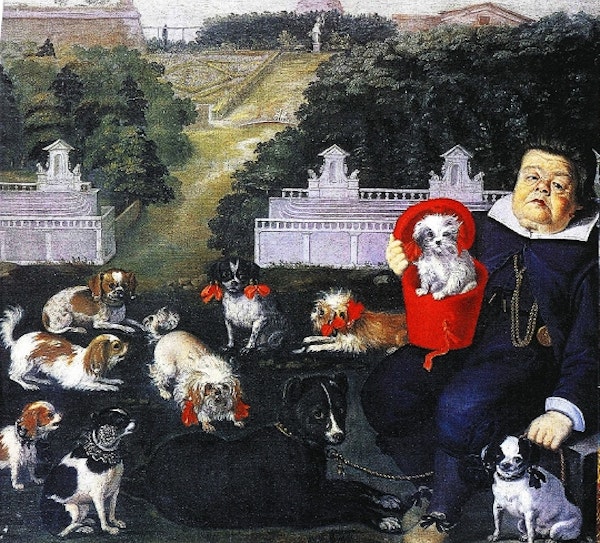
Dog Stories from The Spectator
Dogs who shop, bury frogs, and take 800-mile solo round trips by rail - writer and broadcaster Frank Key gives a brief tour of the strange and delightful Dog Stories from The Spectator. more
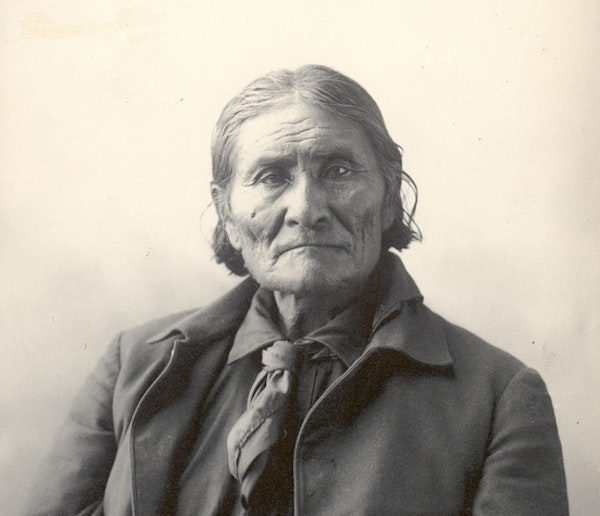
In 1906, Geronimo published his autobiography recounting the fascinating story of his life, from his years as a resistance fighter, to his capture and subsequent period of celebrity in which he appeared at the 1904 St Louis World Fair and met President Roosevelt. Edward Rielly, author of Legends of American Indian Resistance, tells of the tragic massacre which underpinned his life. more
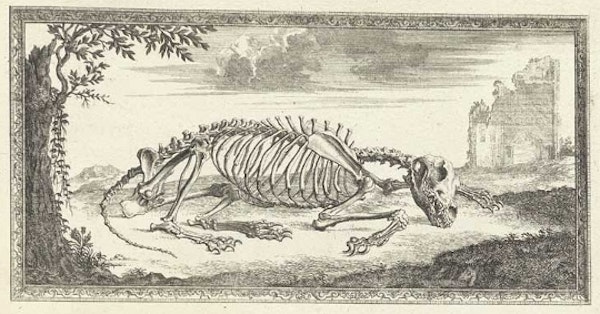
Accuracy and Elegance in Cheselden’s Osteographia (1733)
With its novel vignettes and its use of a camera obscura in the production of the plates, William Cheselden’s Osteographia, is recognized as a landmark in the history of anatomical illustration. Monique Kornell looks at its unique blend of accuracy and elegance. more

